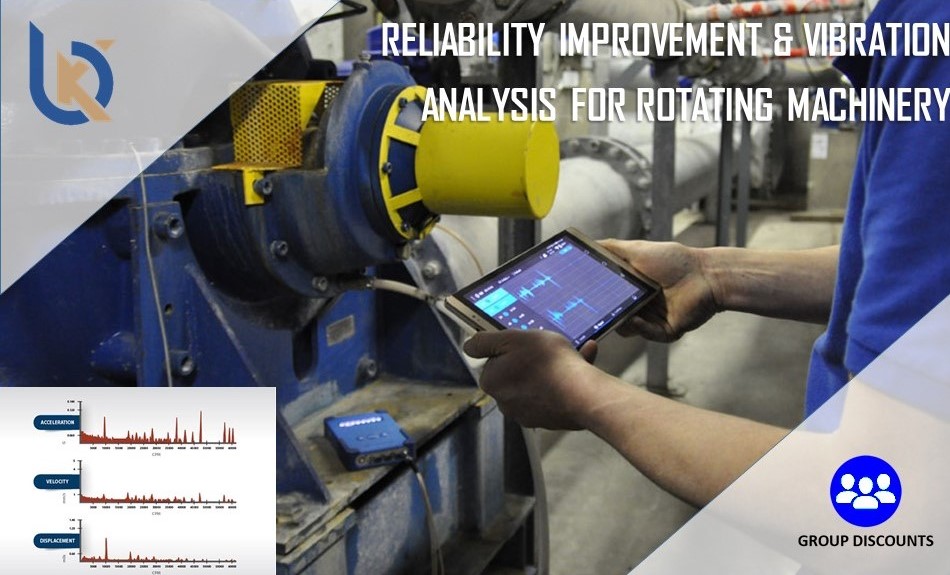| Training Code | Date | Duration | Venue | Fees |
|---|---|---|---|---|
| Keep following, we are updating our training schedules. | ||||

This course will present an overview of the modern, integrated petroleum refinery, its feed stocks, product slate and the processes employed to convert crude oil and intermediate streams into finished products. Hydrocarbon chemistry, crude oil properties and fuel product quality will be discussed.
Each refining process will be presented, covering operating description and conditions, feedstock and catalyst selection, product yields, and the relationship between process parameters, unit performance and product output and properties.
This course provides major insights into both primary and secondary processes like Atmospheric Distillation, Vacuum Distillation, Cracking, Hydrocracking, Catalytic Reforming, Processes for LOBS, Coking, Visbreaking, in a typical refinery.
At the end of the course, participants will be able to:
This course is design for :
BK's Certificate of attendance will be provided at the end of the course. 80% attendance is must to achieve this certificate.